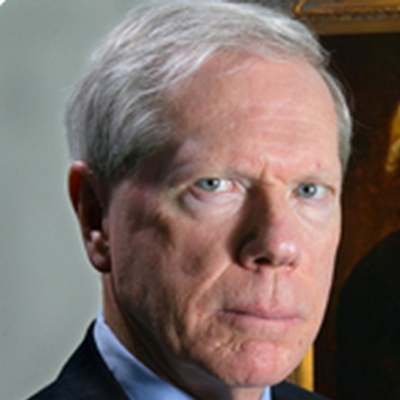by Paul Craig Roberts, Paul Craig Roberts:

Not long ago a couple of publishers asked about my memoirs. I told them I had no interest. Memoirs are an enormous undertaking, especially when your files haven’t been organized for the purpose. Moreover, many of mine have been discarded in moves. When you have lived as long as I have and been involved in so many major issues, files are a voluminous collection. Moreover, I have always had a jaundiced eye toward memoirs, being unsure whether they are an exercise in egotism.
In past times I think memoirs, even if they were attempts to control the narrative, something done for us today by the CIA and woke media and universities, still made information available that otherwise would have died with the person. I find this a bit sobering as there is a great deal of information that is going to die with me.
TRUTH LIVES on at https://sgtreport.tv/
Despite all the winnowing of my files, I still have 25 crates that if I did nothing else for one year I might get through. To organize the information, I would need at least two assistants. I have barely touched the crates, and already I have found important matters long forgotten.
In 2004 NY Democrat Senator Chuck Schumer and I opened a New Year with a jointly authored column in the New York Times. We raised the offshoring issue. American manufacturing jobs and the tech jobs of American professionals were being sent to Asia. We posed the question that if jobs offshoring was free trade, as economists claimed, was free trade any longer in America’s interest? My position was that jobs offshoring is a contradiction of free trade–more later–and Schumer was still in his idealistic period when he was concerned about the displacement of American labor by foreign labor in the production of goods and services that Americans consumed.
Our article caused a firestorm. The Brookings Institution in Washington called a conference and asked us to come and defend our position. C-Span broadcast the conference live and rebroadcast it a number of times. Schumer and I carried the day.
Delighted with the publicity, Schumer suggested a follow-up article. The NY Times was eager. We began a draft, and then it went cold. My explanation is that Wall Street, which was committed to jobs offshoring, got to Schumer and explained campaign contributions to him.
I continued on. Conservatives, free market economists, and libertarians, who are indoctrinated with free trade, but who do not comprehend the theory, called me a heretic. Nevertheless, both the Wall Street Journal and the Washington Post were intrigued that the “most ardent” of the “Reagan policymakers” had taken a position against the policy that Wall Street was imposing on the country.
The Wall Street Journal assigned Timothy Aeppel to arrange a series of debates to be published in the Wall Street Journal between me and Columbia University Professor Jagdish Bhagwati. The question was: Is jobs offshoring really free trade?
Adam Smith and David Ricardo’s theory of free trade rests on the principle of comparative advantage. What this means is that a country’s capital remains employed at home and is employed in areas in which the capital is best used. If all countries do this, there are gains from trade, and all countries will be better off than if they are self-sufficient. I have wondered if the free trade theory was used as a stratagem to repeal the British Corn Laws and reduce the income and power of the landed aristocracy.
Both Smith and Ricardo made it completely clear that if a country’s capital left the country, it was pursuing absolute advantage, not comparative advantage, and free trade theory is vitiated. This is the point I made. Without comparative advantage, there is no case for free trade.
Read More @ PaulCraigRoberts.org



